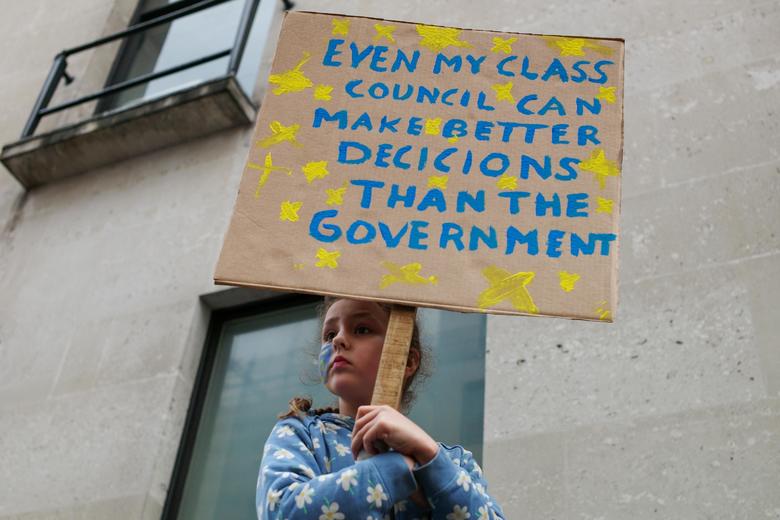Brexit continues to baffle minds both in and outside Europe. The House of Commons has yet to settle many unanswered questions nearly three years after the verdict of the referendum. Moreover, despite the recent October extension afforded to the UK over the terms of Brexit, many still believe that this is merely kicking the problem of brokering an acceptable deal down the road. There are many difficulties surrounding the UK’s withdrawal from the EU and I hope to shed light on a few of them.
The first question you might have may be “What is Brexit going to look like?” There is a simple answer. Nobody knows. However, this is not to say that efforts have not been made. Originally, Theresa May–the UK’s Prime Minister and leader of the Conservative Party–agreed to a deal in principle regarding the nature of the UK’s withdrawal from the EU in November. Nonetheless, this deal did little to wet the appetites of many British politicians on both the left and right sides of the political spectrum, as the deal was rejected by a 432 to 202 vote in January. This was the biggest defeat for a sitting government in the country’s history. Moreover, the Prime Minister brought her deal back to the Commons twice in March, after receiving small changes to the nature of the Irish border, but both votes did not go in her favor.
The outcome of such defeats has led May to temporarily lose her influence over the Brexit process, as Members of Parliament (MPs) narrowly voted to take control of Brexit and the parliamentary timetable to try and get a deal through the House of Commons last month. This led to the holding of several indictive votes. These were votes held by MPs on a series of non-binding resolutions, such as maintaining a customs union with the EU, membership of the European Economic Area (EEA) & European Free Trade Association (Efta), and requiring a public confirmatory vote once a deal was agreed. Essentially, these votes were a means of testing the will of the House of Commons on different options relating to Brexit. However, this process proved to be fruitless as none of the indicative votes received a majority in Parliament.
Moreover, a section of the public attempted to gain a degree of influence over the Brexit process, as a record breaking petition on the UK’s Parliament website calling for Brexit to be cancelled has now received over 6 million signatures. While, on the other hand, a similar petition calling for the UK to leave the EU immediately without a deal only garnered roughly 600,000 signatures. I also believe that it is crucial to note the validity of this petition process as every signatory was asked to tick a box stating that they were a British citizen or UK resident and to confirm their name, email address and postcode (zip code) in order to sign. Many experts believe that this would have made it extremely difficult for the petition process to be influenced by ‘bots’, which would have skewed the results. However, an 100% guarantee of British citizenship is not given.
One of the biggest hopes for Brexit was to make the UK economically stronger and better able to dictate its own progression free from the shackles of the EU. However, nearly three years later, this is not the case. The UK has been reduced to the tribalism of Brexit, with Brexiters and Remainers being pitted against each other. Moreover, many sections of Scottish society are calling for another independence referendum and Northern Ireland has been without a government for over two years. These nations voted to remain in the EU and both are facing the consequences of being dragged into the implications of Brexit by the backs of their heels. I believe that Brexit has exacerbated the fractures in British society and proved that the UK is still dancing to the beat of the EU’s drums. Essentially, Brexit has created an unanswerable question of whether democracy allows people to change their minds or whether popularly decided referendums are set in stone. •










